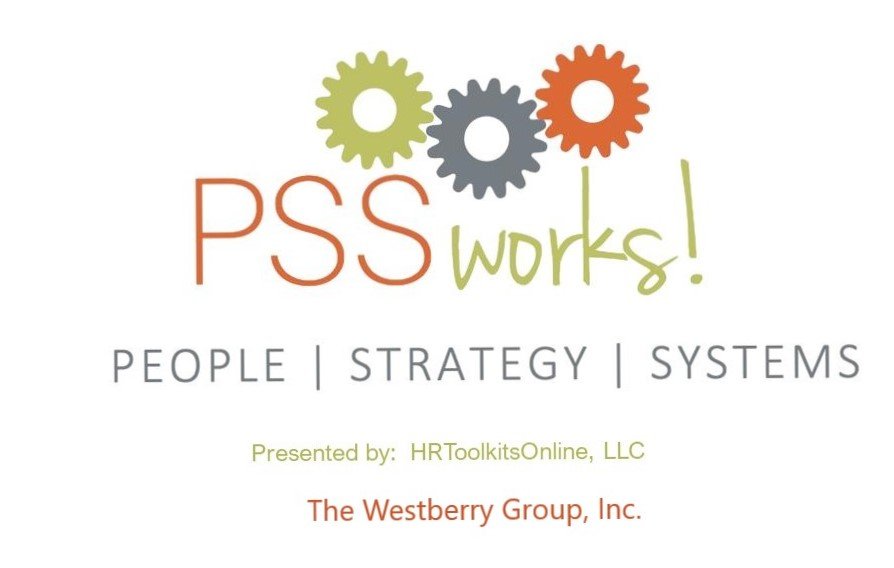Do Your Leadership Behaviors Foster Incivility?
A couple of weeks ago, we talked about ReOnboarding as our workforce returns to their new work models. But one of the things we did not address is what type of behavioral message are we, as leaders, sending out?
“We live in a day of celebrity leaders with narcissistic blood flowing through their veins. At the root of all of this is an absence of kindness and civility.”
Bill Hybels, Pastor & Author
That quote really shook me to my core as I thought about how much impact a leader’s behaviors can have on their workplace’s culture.
Now, we all recognize leaders who act badly, such as yelling or bullying or engaging in inappropriate workplace behaviors. What I’m talking about here are the little behaviors, like snubs, small rebuffs, or ignoring conversations.
Although workplace incivility is not new in the workplace, a recent McKinsey report suggests that it has doubled in the pandemic era. Some 95% of workers say they consistently experience incivility at work, but less than 10% have ever reported to management. Why? Some said it just seemed petty. Others reported that even though they didn’t like it, they thought they might be making a mountain out of a mole hill.
But the real shocker was, “they didn’t report it to management because it was their boss who engaged in those 'little behaviors' and ignored similar behaviors in others.”
Wow! What a statement! If that sentiment doesn’t make you stop and think about your own “little behaviors” I don’t know what will.
So, what are some of the “little behaviors” that may be fostering a culture of incivility? Here are a couple and a few tips about what you can do.
Failure to acknowledge emails or texts. Sending a message through email or text is like throwing a message-in-a-bottle out to sea. You know it’s out there but unless you get a response you don’t know if it’s read. What you can do: Take a moment to acknowledge the receipt of the message even if it’s only to say “I’ll get back to you asap” or set up an auto-responder to let the sender know when they can expect to hear back. Train your staff to respond to messages and then hold them accountable if they don’t.
Ignoring comments during conference calls. Sometimes conference calls can become a free-for-all with everyone trying to be heard at once. What you can do: At the onset of the call establish some civility rules like letting everyone know that they will each have time to provide their thoughts and comments. When someone tries to talk over the speaker, stop them. Let them know they can comment when the current speaker is done.
Disregarding meeting invites. With today’s “message overload”, it’s easy to overlook a meeting invite or put off responding until later. What you can do: Let your employees know that when immediately checking their calendar(s) is not possible, taking a moment to send out a quick “I’ll let you know” message is okay, but a proper meeting invite acknowledgment is the expected follow-up.
I know this is all very basic and boils down to setting expectations for good office manners, but some of us, especially leaders, can need gentle reminders to become conscience of their own “little behaviors” and the “little behaviors” of others. Remember, failure to address unacceptable little behaviors breeds a culture of the same little behaviors.
Civility, whether it’s in the workplace or outside of it, is everyone’s responsibility. Ultimately, it’s all about demonstrating small courtesies and treating others with kindness and respect.

